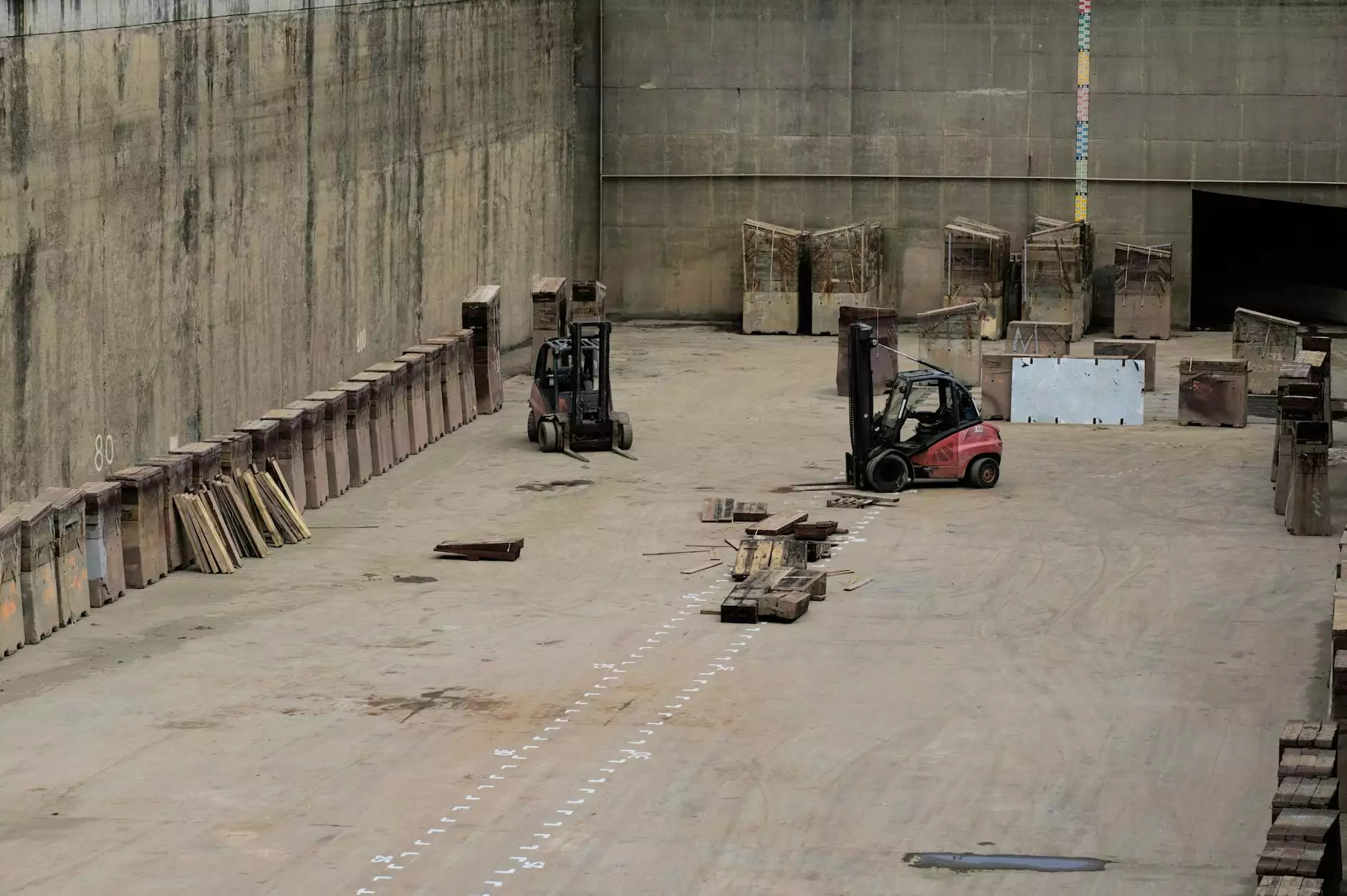Elevate Your Practice with Premium Rhinoplasty Instruments for Sale

In the ever-evolving field of health and medicine, having access to the right tools is paramount. For professionals specializing in rhinoplasty, the demand for precision instruments has never been greater. Rhinoplasty instruments for sale represent an essential inventory for any medical practice dealing with nasal surgeries. At new-medinstruments.com, we provide a vast selection of high-quality rhinoplasty instruments that cater to the needs of both experienced surgeons and emerging practitioners.
The Importance of Using Quality Rhinoplasty Instruments
When it comes to surgical procedures, especially delicate ones like rhinoplasty, the quality of instruments used plays a critical role in the outcome of the surgery. Surgeons must rely on tools that not only enhance their precision but also ensure patients' safety. Here are some key reasons why investing in premium rhinoplasty instruments is crucial:
- Precision: High-quality instruments are designed for accuracy, allowing surgeons to perform intricate tasks with utmost confidence.
- Durability: Quality instruments withstand the rigors of surgery, reducing the need for frequent replacements.
- Safety: Using reliable tools minimizes the risk of complications during procedures, ensuring better patient outcomes.
- Efficiency: Well-designed instruments enhance the efficiency of surgical procedures, leading to shorter operation times.
Understanding Rhinoplasty Procedures
Rhinoplasty, also known as a nose job, is a surgical procedure aimed at correcting or reconstructing the nasal structure. This can be for cosmetic reasons or to address breathing issues. The complexity of rhinoplasty demands a specific set of instruments tailored for different aspects of the surgery. Below, we dive into the different types of instruments typically used in rhinoplasty:
Types of Rhinoplasty Instruments
Rhinoplasty instruments can be broadly categorized into the following types:
1. Cutting Instruments
These are designed to shape and sculpt the nasal structure. Common examples include:
- Rhinoplasty Scissors: These fine scissors are essential for making precise cuts in the cartilage and skin.
- Scalpels: Surgical scalpels are used for incisions; the precision of the blade is vital for minimizing trauma.
2. Dissecting Instruments
Used primarily for separating tissues to gain better access to the nasal framework:
- Electrocautery Devices: These tools help in controlling bleeding by coagulating tissue.
- Dissector Blades: Ideal for careful tissue manipulation during surgery.
3. Retractors
Retractors are crucial in keeping the surgical area open for the surgeon:
- Nasal Retractors: Specifically designed to hold back the nasal passages for clear visibility.
- Self-Retaining Retractors: Useful for freeing up hands to operate efficiently without the need for an assistant.
4. Suturing Instruments
Post-surgery care is essential, and these instruments aid in closing incisions:
- Surgical Needles: Special needles designed for suturing delicate nasal tissues.
- Suture Materials: High-quality sutures that promote healing while minimizing scarring.
Why Buy Rhinoplasty Instruments from New Med Instruments?
When it comes to purchasing rhinoplasty instruments for sale, selecting a reliable supplier is crucial for your practice. At new-medinstruments.com, we not only offer a comprehensive selection but also adhere to the highest standards of quality. Here’s why we stand out:
- Extensive Range: Our inventory includes a wide selection of specialized rhinoplasty instruments suitable for every surgical need.
- Quality Assurance: All our instruments undergo rigorous quality checks to ensure they meet medical-grade standards.
- Competitive Pricing: We believe in providing value for money without compromising on quality.
- Expert Support: Our knowledgeable team is always available to guide you in selecting the right instruments for your practice.
Key Considerations When Purchasing Rhinoplasty Instruments
Before making a purchase, it’s essential to evaluate the specific needs of your practice. Here are some key considerations:
1. Specific Instrumentation Needs
Assess the specific instruments that your rhinoplasty procedures require. Consider the types of surgeries you perform and the instruments that would best suit those needs.
2. Material and Build Quality
The longevity and effectiveness of surgical instruments largely depend on their material. Look for instruments made of stainless steel or high-grade titanium for enhanced durability.
3. Supplier Reputation
Choosing a reputable supplier ensures that you receive instruments that are not only of high quality but also compliant with medical regulations.
4. Customer Reviews
Take time to read customer reviews and testimonials. Positive feedback from other healthcare professionals can provide insights into the reliability of both the instruments and the supplier.
Ensuring Compliance with Surgical Standards
Staying compliant with health regulations and standards is paramount in the medical field. Ensure that any rhinoplasty instruments for sale that you consider meet regulatory guidelines. Instruments must also meet sterilization protocols to prevent infections and maintain patient safety.
Trends in Rhinoplasty Instrumentation
As technology evolves, so does the field of medical instruments. Staying updated on the latest trends in rhinoplasty instrument design and functionality can greatly benefit your surgical practice. Some of the emerging trends include:
- Minimally Invasive Techniques: New instruments are designed to support less invasive rhinoplasty procedures, leading to quicker recovery times.
- Advanced Coagulation Systems: Innovations in electrosurgical tools have made it easier to control bleeding during surgery.
- 3D Printing: Custom instruments designed through 3D printing technology are becoming popular for tailored surgical solutions.
Training and Maintenance of Rhinoplasty Instruments
To ensure the longevity and efficiency of your rhinoplasty instruments, proper training and maintenance are essential. Here are some recommendations:
1. Training Staff
Ensure that all surgical staff are adequately trained in using rhinoplasty instruments. Understanding the function and handling of each tool can improve surgical efficiency and safety.
2. Regular Maintenance
Establish a maintenance schedule to keep instruments in optimal working condition. This includes cleaning, inspecting for damage, and re-stocking necessary items.
Conclusion
Investing in high-quality rhinoplasty instruments for sale is imperative for any surgical practice focused on delivering exceptional patient care. At new-medinstruments.com, we are committed to providing top-of-the-line instruments that enhance the surgical experience for both practitioners and patients. With a profound understanding of the importance of quality tools in healthcare, our dedicated team is ready to assist you in elevating your practice to new heights.









